- 121 Posts
- 28 Comments

 21·3 days ago
21·3 days agoWhat a rubbish. Even Turkey, a country whose government is not exactly a role model for democracy itself, has long called out China’s treatment of its Muslim ethnic Uighur minority “a great cause of shame for humanity”. Volkswagen closed its Xinjiang-plant it ran with joint venture partner SAIC as “no full supply chain transparency exists”.
Markus Löning, Germany’s former commissioner for human rights who oversaw an audit on forced labour for Volkswagen last year (this the one report that is often cited in this ignorant communities where wumaos and ziganwus have given up their own personal developments just for parroting propaganda that is out of touch with world) conceded that the basis for the audit had been a review of documentation rather than interviews with workers, which he said could be “dangerous.” He also said that “even if they [workers] would be aware of something, they cannot say that in an interview.” And when asked about potential links between SAIC-Volkswagen and an aluminum producer in Xinjiang, Volkswagen responded: “We have no transparency about the supplier relationships of the non-controlled shareholding SAIC-Volkswagen.”
In addition, there are numerous Uyguhr people who survived the so-called ‘re-education camps’ who spoke out. A 10 seconds search has found this and that.
This is a VERY TINY sample of what’s wrong with Chinese supply chains and the country’s stance against human rights, and it’s no limited to cars but spans practically all industry sectors. There is ample evidence.

 111·3 days ago
111·3 days agoForced labour and other severe human rights abuses are evident in China’s Xinjiang region, even though there is no full supply chain transparency in China. Your remarks regarding the US are true, but here this apparently is a blatant whataboutism.

 72·3 days ago
72·3 days agoMaybe this helps: https://x.com/bellingcat/status/1810952736264855916
Or just go to Bellingscat’s Twitter, there’s more about it: https://twitter.com/bellingcat

 3·4 days ago
3·4 days agoYeah, I agree with you in principle, it’s just that I usually try to not edit the original version if it’s not absolutely necessary for clarity, but, yeah …

 161·9 days ago
161·9 days agoAs tempting and reasonable as it may seem to counter disinformation with disinformation, it is the wrong path imo. It would play directly into the hands of authoritarian regimes and further undermine democracy in the long run. What we need is an educated, well-informed population and transparent political and economic processes so that leaders at all levels can be held accountable for what they do.

 16·12 days ago
16·12 days agoWell, China legislated the death penalty for “separatists”, a Chinese official said in June that Taiwan separatists will be “crushed to pieces”, and the Chinese ambassador to Japan said Japanese people would be dragged into the fire if they took part in forces plotting to support Taiwan’s independence and “split China”. Similar remarks came from Chinese ambassadors to other countries and other Chinese officials. You’ll find more examples on the web.

 8·12 days ago
8·12 days ago@trevron, what is a good source of information regarding China?

 7·13 days ago
7·13 days agoI have been thinking the same. Maybe ghost.org’s federation over ActivityPub can solve the problem?

 8·13 days ago
8·13 days ago@BakerBagel@midwest.social The “American aligned entities” seek alliances because of China’s aggression, and they do so by collaborating not just with America but also with each other, e.g., Japan, the Philipines, Australia, and others. These countries collaborates voluntarily with each other because of China’s imperialistic behaviour in the region, not because China is “boxed in” by any Western “entity”.
Beijing has been disputing a lot of its neighbours’ sovereignty on land and at sea, including India’s and Russia’s, and neither India nor Russia are exactly what I would call “American aligned entities”. As @Buffalox already said, even the single-party communist country Vietnam with a similar authoritarian system seeks stronger ties with the USA rather China.
Taiwan is of massive strategic value because it would allow Chinese vessels to access the Pacific Ocean unimpeded.
China has been accessing the Pacific Ocean unimpeded for decades now, no one questions that. The reasons why China wants control over Taiwan are manifold, one being Taiwan’s prominent role in the global supply chain, another is that it would give China better access to the South China Sea and its estimated reserves of 190 trillion cubic feet of natural gas and 11 billion barrels of oil.

 2·14 days ago
2·14 days agoYeah, as you mention Vietnam: the interesting bit here maybe is that Vietnam -a single-party country with a similar totalitarian approach like China- appears to seek closer ties to the U.S. rather then to Beijing, at least that’s my interpretation of the country/'s political moves over the last year or so.

 7·14 days ago
7·14 days agoYeah, they work in a huge network mainly in Europe. As always, we should never trust blindly, but Epicenter appears to do a solid work. I have been disagreeing with what they said in the last years on some incidents, but all in all they do a good work. At least that’s my opinion.

 8·14 days ago
8·14 days agoEpicenter Works is a digital rights organizations based in Austria.

 101·14 days ago
101·14 days agoYou may have a particular perception of reality -a narrative- and then infer a claim. But it is a completely different thing if you have a claim and then seek to construct a narrative.
What this incident tells us is that the Chinese government doesn’t know itself how to justify its claims, so it urges academics to find something to justify the claims of sovereignty over the sea (and the sea’s estimated 11 billion barrels of untapped oil and 190 trillion cubic feet of natural gas, btw) against a wide range of (non-Western) countries like the Philippines, Taiwan, Vietnam, Indonesia, Malaysia, and Brunei.
The fact that China is pursuing its claims very aggressively makes this whole thing even worse (And, yes, other countries may do similar things, and it is bad too, but it doesn’t justify China’s move here.)

 7·14 days ago
7·14 days agoYes, I fully agreed. Usually I don’t post the SCMP as it is Chinese state-controlled media. I did it in that case (and in another post in this community) as it provides a glimpse into Chinese propaganda planning. This is why I posted it here, but please let me know if you think I am mistaken.
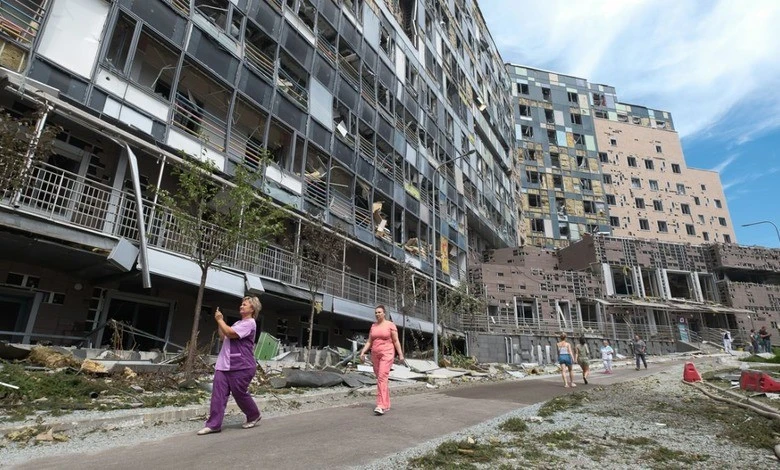




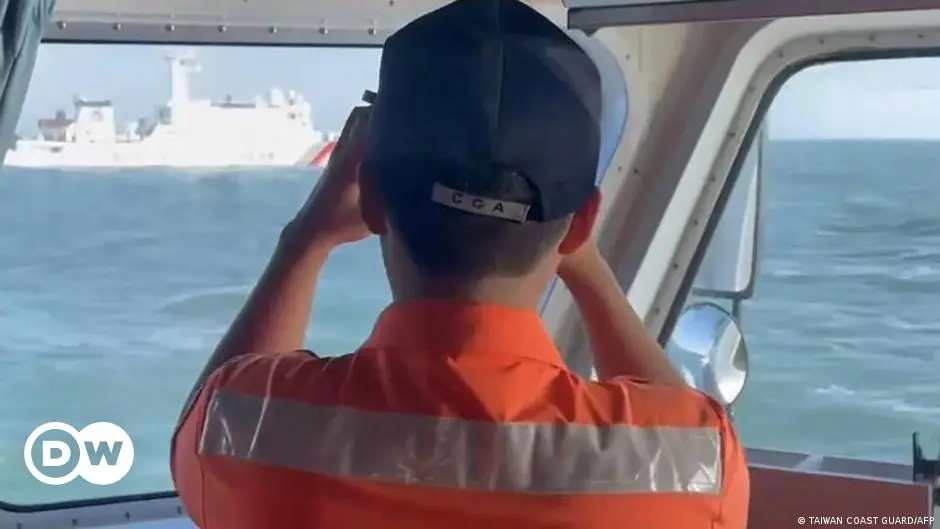
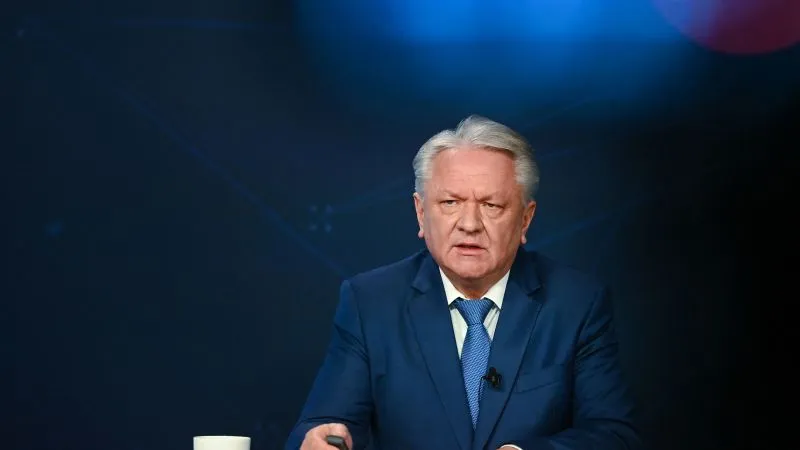
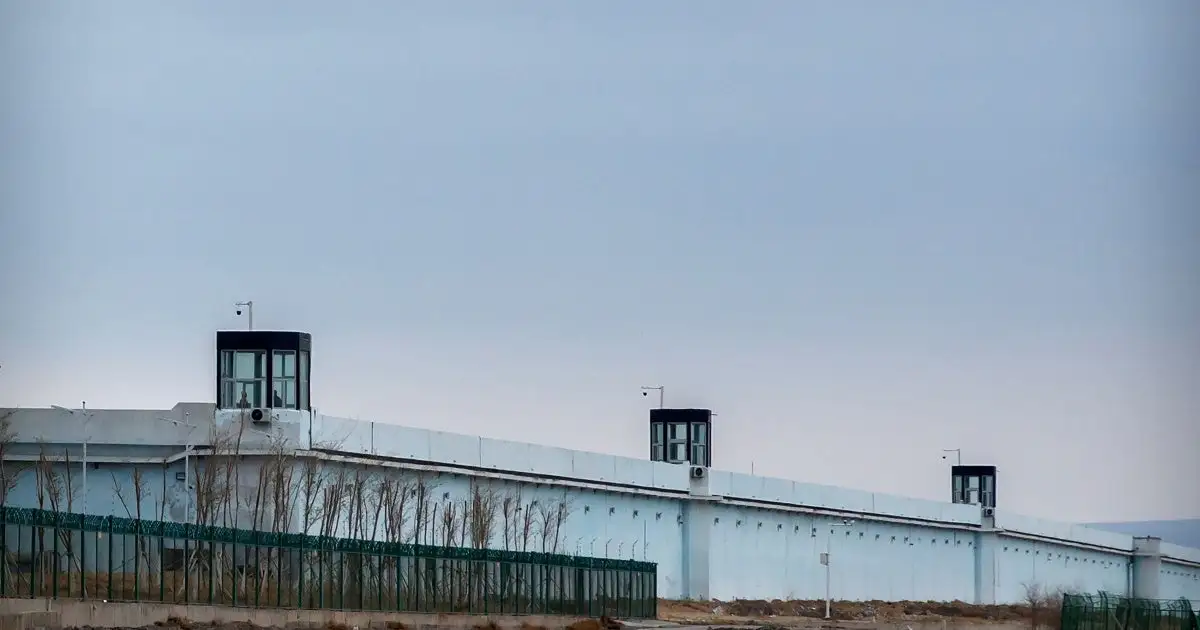
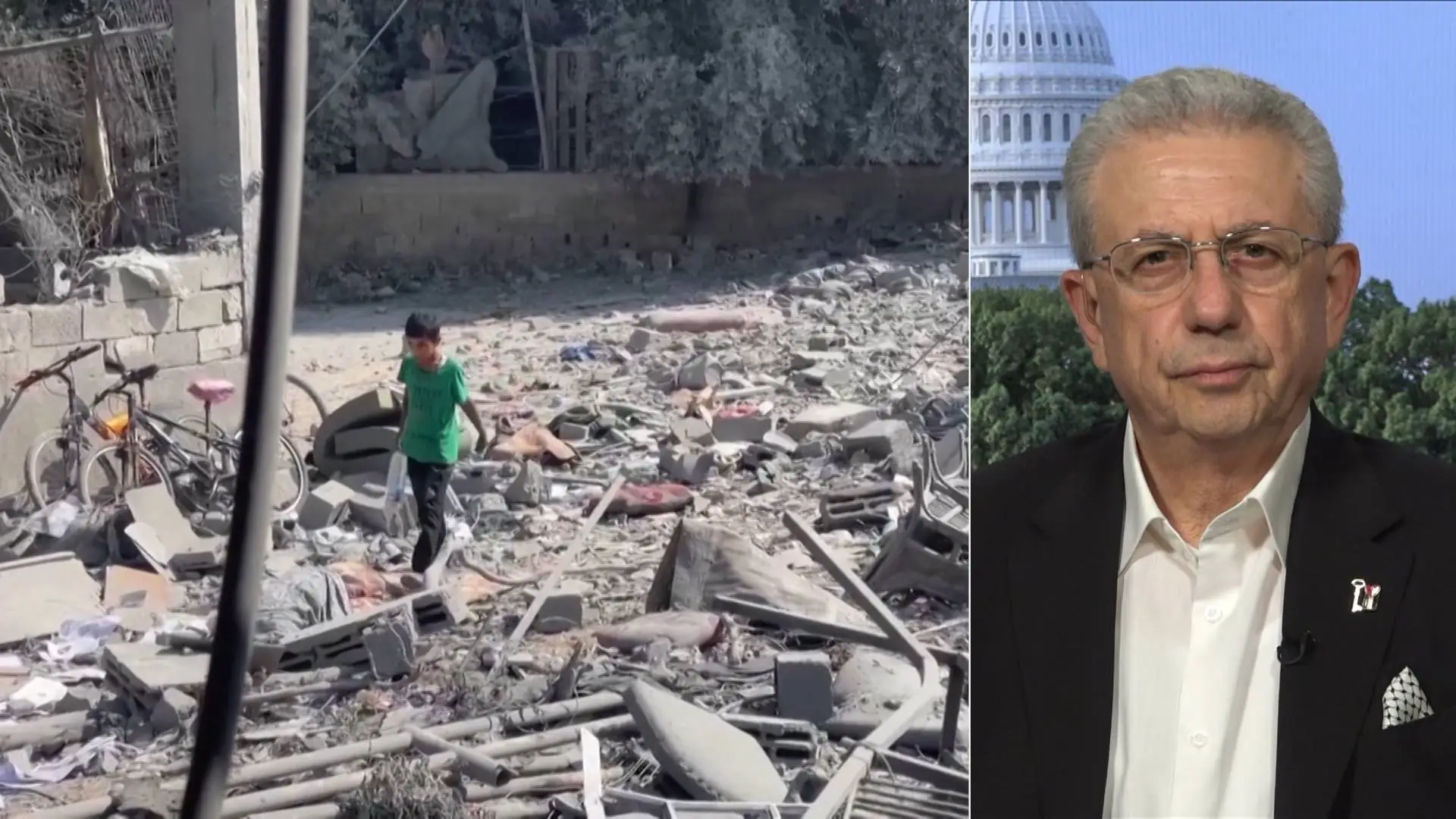
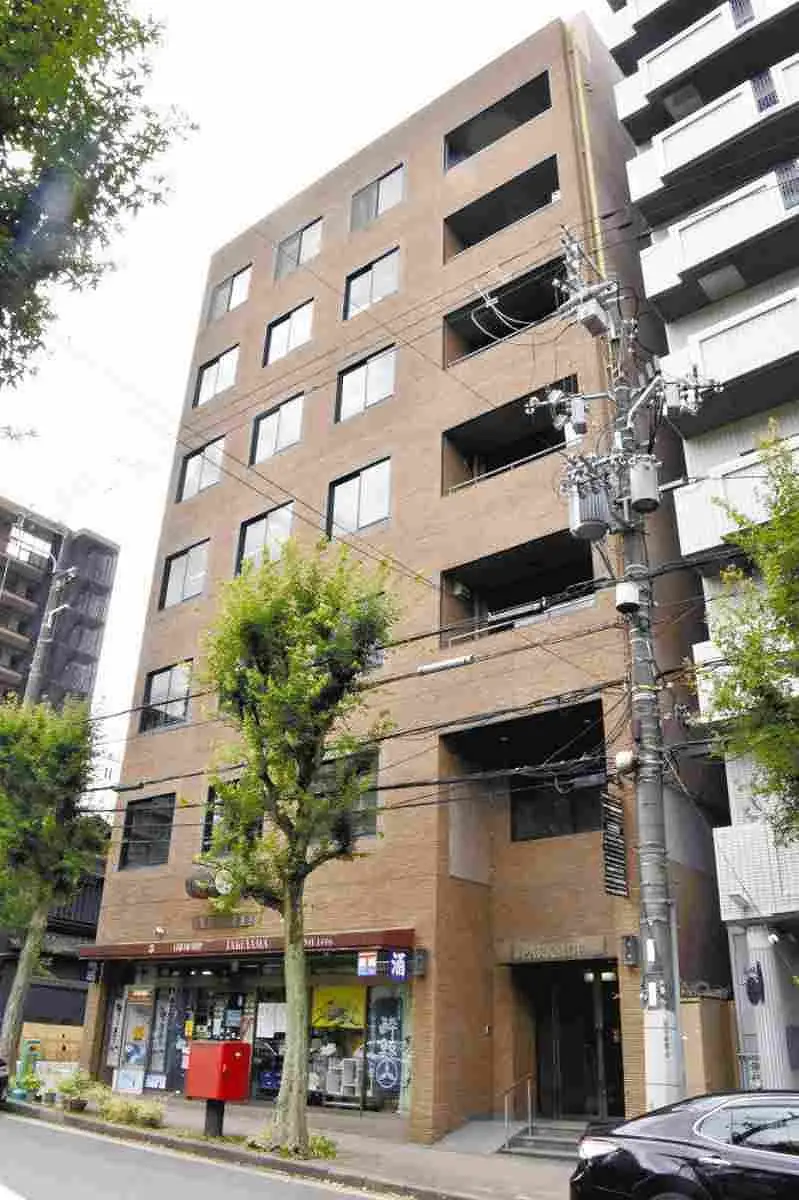

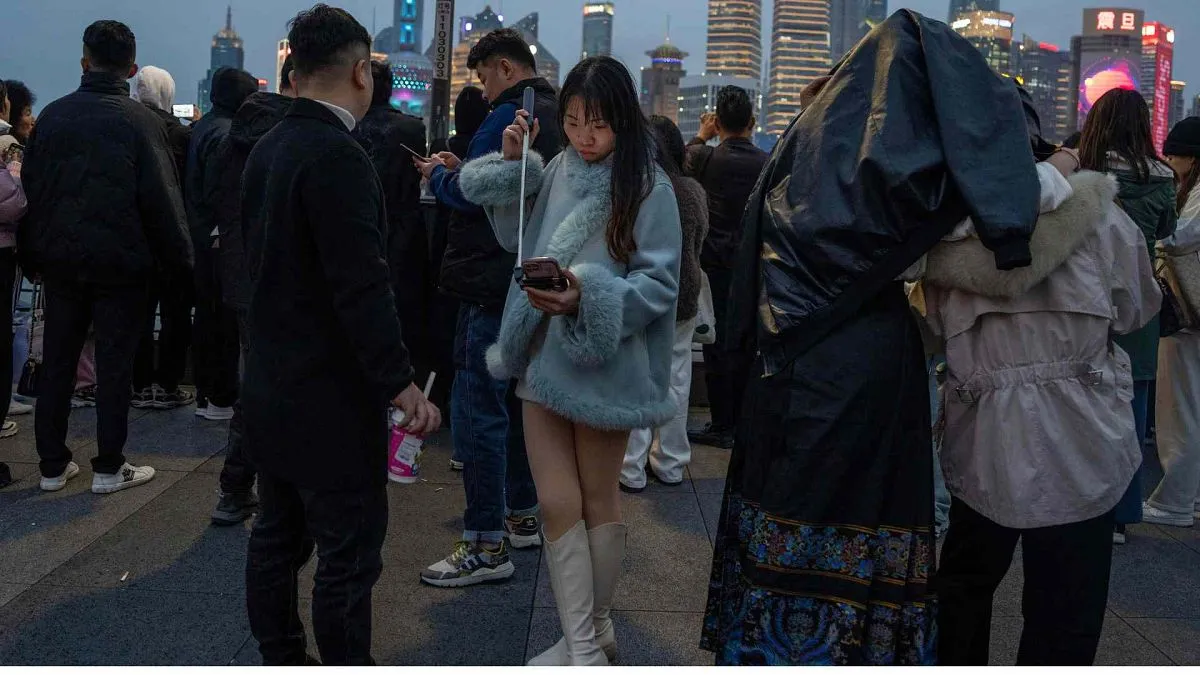
No, you cannot walk around freely. This exactly is the point. There is no full supply chain transparency. Company executives and auditors say that, human rights experts, even some politicians who visited the country. Audits are just based on interviews, and these are useless, as even if workers would be aware of human rights violations, they cannot say that in an interview. This is said by those who have been there and conducted the audits. Read the sources.
At the start of this years, the Chinese government itself has -once again- openly rejected critical calls for human-rights reforms at the U.N. meeting, just to name another example, including a call for an end to persecutions of Uyghurs. It also rejected all recommendations calling on the government to end reprisals against individuals engaging with the international human rights system, even a message of disdain on the ten-year anniversary of the death of Cao Shunli in detention, a former Chinese human rights defender taken into custody on her way to Geneva for China’s 2014 UPR (Universal Periodical Review).
Prior to the U.N. meeting this year, China had even lobbied non-Western countries to praise its record by asking them to make “constructive recommendations”, which were essentially bland questions, make vague recommendations, and use their platform to praise the Chinese government’s rights record. And China has been blocking any domestic civil society groups from participating in the preparation of the state report or from making contributions to the review by the U.N. for decades, very much as it does with supply chain audits.
And, again, these additional examples are a VERY TINY sample of what is evident.